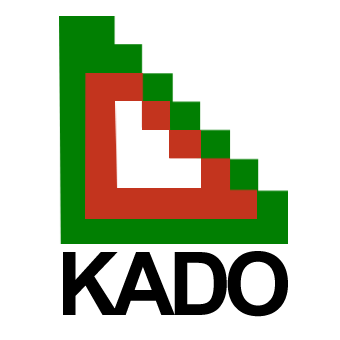About Us
The Karakoram Area Development Organization (KADO) is a leading indigenous, not for profit, non-governmental organization (NGO) established in 1998 and based in Gilgit-Baltistan, Pakistan. KADO is committed to empowering individuals and communities through sustainable and inclusive socio-economic development in the mountainous regions of Pakistan. The organization addresses critical challenges related to climate resilience, economic empowerment, social protection, cultural preservation, technological advancement, and digital innovation. By leveraging strategic partnerships with national and international development organizations, and integrating innovative approaches with indigenous knowledge systems, KADO has emerged as a catalyst for improving the quality of life for marginalized individuals and communities.
To develop human and institutional capacities for equitable and sustainable development.
A healthy society that is socially, culturally, and economically balanced. Impact, Growth & Sustainability
Our governance philosophy emphasizes practical policies, sustainability, and the empowerment and safety of women within our organization and as beneficiaries.
History
Since its inception, KADO has been committed to community-driven empowerment, innovation, and sustainable development across Gilgit-Baltistan. Through resilience and adaptability, we have championed social inclusion, digital transformation, and environmental stewardship.
Empowerment and Inclusion
KADO began by empowering local women through the Karakorum Handicraft Promotion Society (KHPS) and launched the Sharma Center for Persons with Disabilities (PWDs). We pioneered digital literacy by introducing satellite internet and IT training in Gilgit-Baltistan.
1996 - 2000
Empowerment
Innovation and Growth
KADO expanded ICT initiatives with support from GIZ, establishing IT centres and promoting freelancing. We preserved traditional crafts through women-led enterprises and launched the Gems & Jewelry Development Enterprise with Rupani Foundation and USAID.
2001 - 2010
Innovation
Sustainability and Youth Leadership
We introduced sustainable energy solutions with GIZ and AKRSP while fostering youth employability through partnerships with KIU. KADO also established the Art and Craft Social Enterprise to create livelihoods for artisans.
2011 - 2015
Sustainability
Digital Transformation and Resilience
KADO launched the Digital Hub Hunza, supporting freelancers and startups with 24/7 solar-based electricity & Internet access. We continue to promote environmental sustainability, social inclusion, and economic development through resilient community programs.
2016
Transformation
Laying the Foundation for Community-Led Development
KADO focused on laying strong foundations for sustainable community-driven development in Hunza. The organization successfully implemented livelihood support initiatives, promoted environmental awareness, and introduced early ICT programs, helping bridge the digital divide for rural populations.
2017
Community led Development
Advancing Inclusion and Strategic Partnerships
KADO deepened its hybrid development approach by integrating modern technologies with indigenous practices. Major accomplishments included the launch of tourism-based livelihood projects, ICT skill-building centers for youth and women, and enhanced collaboration with international donors, boosting its financial and operational sustainability
2020-2021
Partnerships
Leading Climate-Resilient and Inclusive Development
KADO positioned itself as a regional leader in climate-resilient, inclusive development. The organization achieved significant milestones in digital empowerment, environmental conservation, and women’s economic inclusion. It also scaled up its impact through community-based climate initiatives and innovative public-private partnerships
2023-2024
Development

